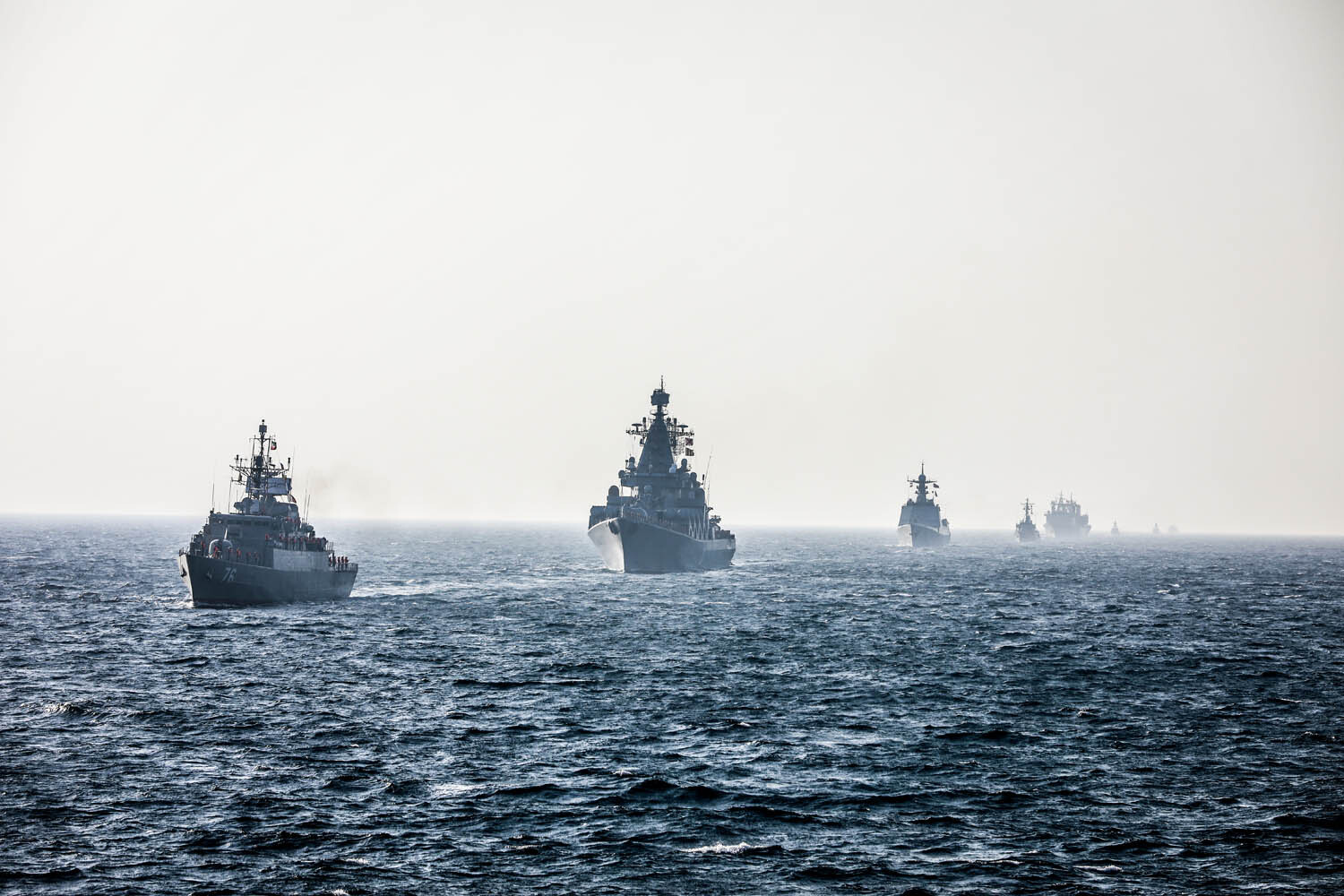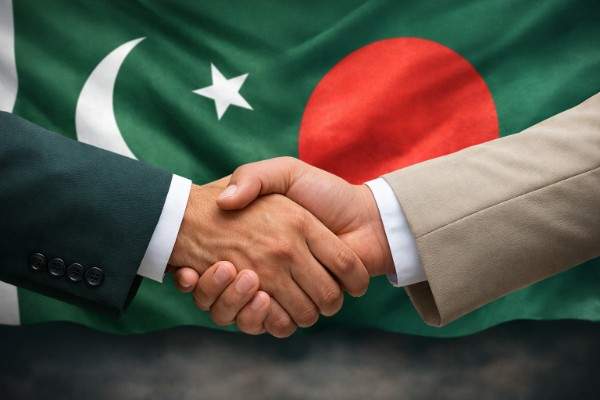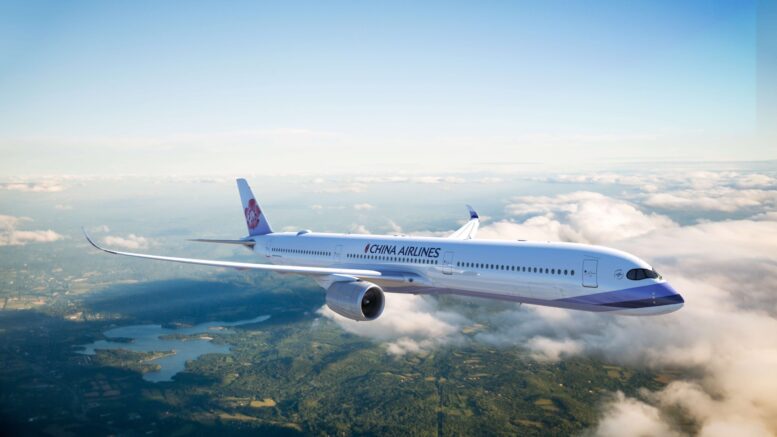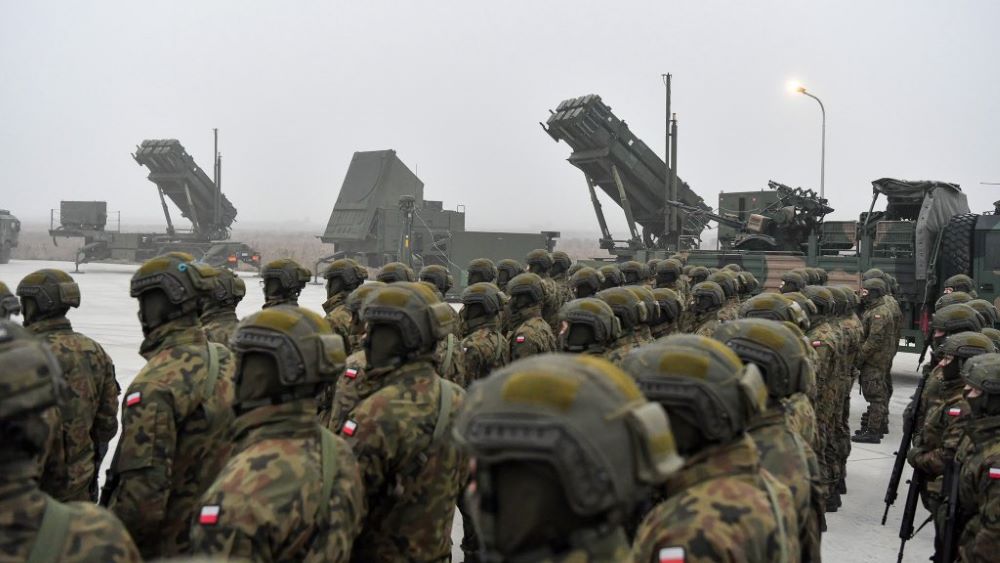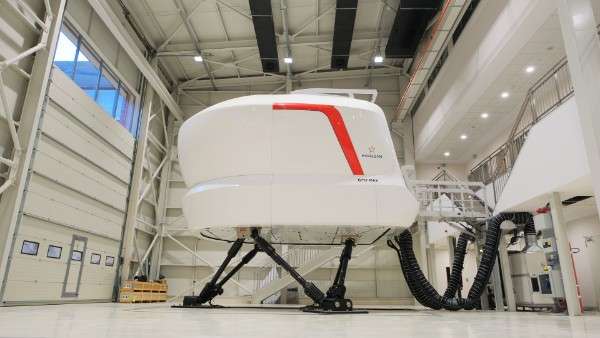The Indo-Pacific region, a vast expanse stretching from the eastern coast of Africa to the western shores of the Americas, is one of the most strategically significant and dynamic areas in the world. It is a critical artery for global trade, a focal point of geopolitical interests, and a region with diverse security challenges. In this context, maritime security cooperation between South Korea and Europe is paramount, with maritime domain awareness (MDA) being a crucial component of this collaboration.
The Strategic Imperative of Maritime Domain Awareness (MDA)
Maritime Domain Awareness refers to the comprehensive understanding of activities in the maritime environment that could impact security, safety, economy, or the environment. It involves collecting, analyzing, and disseminating information about the maritime domain. For South Korea and Europe, enhancing MDA in the Indo-Pacific is crucial for several reasons.
Firstly, the Indo-Pacific is the world’s busiest maritime corridor, with a significant portion of global trade passing through its waters. South Korea, a major exporter and shipbuilder, and Europe, with its extensive maritime trade networks, rely heavily on the stability of these sea lanes. Enhanced MDA ensures the protection of these critical trade routes from threats such as piracy, smuggling, and maritime terrorism.
Secondly, the Indo-Pacific is a theater of intense geopolitical competition, with major powers vying for influence. For South Korea, located on the fringes of this region, and Europe, with its global strategic interests, maintaining a stable maritime order is crucial. Robust MDA enables the timely identification and response to potential conflicts and security threats.
Furthermore, the Indo-Pacific region is rich in marine biodiversity and vital ecosystems that are threatened by illegal fishing, pollution, and climate change. Effective MDA helps monitor and respond to these environmental threats, preserving the marine environment and ensuring sustainable development.
Europe has made significant strides in MDA through several key initiatives and collaborations, setting examples that South Korea can draw upon for enhancing their joint efforts in the Indo-Pacific region. One prominent example is the European Maritime Safety Agency (EMSA). EMSA operates a comprehensive maritime surveillance system called SafeSeaNet, which integrates data from various sources, including satellites, to provide a real-time picture of maritime traffic. This system helps monitor vessel movements, detect illegal activities, and ensure the safety of maritime operations across European waters.
Another notable example is the European Union’s Copernicus Programme, which includes the Copernicus Maritime Surveillance Service. This service uses satellite imagery and data to monitor maritime environments, detect oil spills, track illegal fishing activities, and provide critical information for search and rescue operations. The Copernicus Programme exemplifies how advanced technology and international cooperation can enhance MDA capabilities.
Europe has also engaged in collaborative efforts such as the Maritime Surveillance (MARSUR) project. MARSUR is a network that facilitates the exchange of maritime surveillance information between European Union member states. It aims to improve situational awareness and support decision-making processes in maritime security operations. This project demonstrates the importance of information sharing and coordination among multiple stakeholders to enhance MDA.
Key Areas of South Korea-Europe Cooperation
Strengthening maritime security cooperation between South Korea and Europe involves a multi-faceted approach. Establishing platforms for real-time information exchange is crucial. Sharing satellite data, maritime traffic information, and intelligence on maritime threats can significantly enhance situational awareness. This collaborative approach helps both regions respond more effectively to maritime incidents.
Conducting joint maritime exercises and training programs fosters interoperability and strengthens the operational capabilities of naval forces and coastguards. These exercises simulate various scenarios, from anti-piracy operations to disaster response, improving coordination and readiness.
Investing in advanced maritime surveillance technologies, such as unmanned systems, satellite monitoring, and artificial intelligence, can significantly boost MDA capabilities. Collaborative research and development efforts between South Korea and Europe can lead to innovative solutions that enhance maritime security.
Harmonizing legal and policy frameworks related to maritime security is essential for effective cooperation. Both regions should work towards aligning their maritime laws and policies, facilitating smoother cooperation and mutual assistance in maritime security operations.
Challenges and the Path Forward
Despite the mutual benefits, several challenges must be addressed to enhance maritime security cooperation between South Korea and Europe. These include differing political priorities, resource limitations, and varying levels of technological advancement. Prioritizing maritime security in bilateral and multilateral engagements is crucial to overcoming these challenges. Creating dedicated maritime security forums that include stakeholders from government, industry, and academia can foster dialogue and cooperation. Additionally, securing funding for joint initiatives and capacity-building programs will be vital for sustaining long-term collaboration.
Conclusion
The importance of Indo-Pacific maritime security cooperation between South Korea and Europe cannot be overstated. Enhanced maritime domain awareness is the cornerstone of this cooperation, ensuring the safety, security, and prosperity of both regions. By investing in shared technologies, intelligence, and training, and by harmonizing legal frameworks, South Korea and Europe can build a resilient maritime security partnership. This cooperation not only safeguards their national interests but also contributes to global maritime stability, benefiting the international community as a whole.
In an era of complex and evolving maritime challenges, the collaboration between South Korea and Europe in the Indo-Pacific region stands as a testament to the power of strategic partnerships in promoting peace, security, and prosperity on a global scale.

Table of Contents
ToggleJihoon Yu
Jihoon Yu is the director of external cooperation and associate research fellow at the Korea Institute for Defense Analyses. Jihoon was the member of Task Force for South Korea’s light aircraft carrier project and Jangbogo-III submarine project. He is the main author of the ROK Navy’s Navy Vision 2045. His area of expertise includes the ROK-U.S. alliance, the ROK-Europe security cooperation, inter-Korean relations, national security, maritime security, hybrid-threats, and strategic weapons systems. He earned his MA in National Security Affairs from the U.S. Naval Postgraduate School and Ph.D. in Political Science from Syracuse University.


